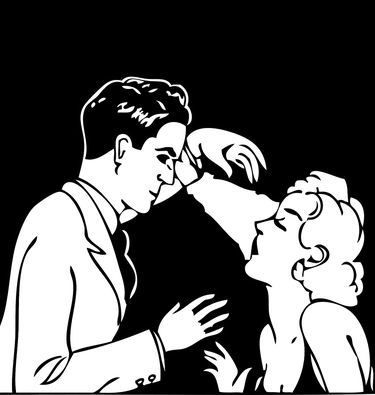The True Facts Behind Hypnosis
What Is The Art Of Hypnosis

Hypnosis has been a phenomenal subject for over 200 years. Science has very explanations to why it happens, but many people can’t deny the different state of consciousness under hypnosis. As defined by the Webster dictionary, hypnosis is a suggested form of a different consciousness. Many people say; it can be compared to a trance. A therapist or a psychiatrists, mainly uses it during their therapy. The subject is not sleep because you’re fully alert. Their senses are aware of what they’re doing at all times. Learn more about hypnosis by reading more details below.
The History Of Hypnosis
Franz Mesmer, popular, 18th century physician, from Germany, used hypnosis as part of his treatment in Vienna and Paris. He initially termed it animal magnetism. Hypnosis was as mysterious to ancient cultures as sorcery, medicine, and magic. When it was first used, it was surrounded by myth and many misconceptions. Hypnosis has been used for many centuries. Hypnosis has been associated with science over medicine. Many say; hypnosis is a universal trait that we all share, and has been used since the creation of humanity. Ancient physicians used it to cure the mind and other diseases.
What To Expect From Hypnosis?
Induction State
This is where all the fun begins. During the induction stage, patients are introduced to a higher learning from hypnosis school. You’ll be led to a relax state, but you’re aware of everything that is going on around you. The induction stage lasts between 10 to 15 minutes. However, all treatment and the length of time its used is determined by the client. The type of language that will be used is also determined through induction.
Therapy
The therapy stage is also known as the “changed state.” This is where the patients goes through the change of trying to recover a suppressed memory, quit smoking, overcome a fear of speaking in public, or learn more about themselves. The type of hypnosis you choose is driven by the client. For example, you won’t request hypnosis for nailing biting, and end up with a sudden urge to over eat. You get the right treatment that you need to meet your goals. This is also known as the learning stage. Hypnosis is used as the learning stage to meet your goals.
Transition To A Fully Voluntary State
The final stage is meant to bring you out of hypnosis. This is not a rushed process to protect their clients. Most therapist and psychiatrists like to use it as an orderly process. They monitor the patient thoroughly as they’re coming out the trace. The transition to wakefulness is very relaxing to reduce tension or side effects. The positive changes that you learn when coming out of the final stage, should have immediate results. Hypnosis is meant to be used as a tool to improve your life. You may be asked to come back for follow-up hypnosis therapy sessions with NW Hypnosis Institute.
Myths About Hypnosis
– doesn’t create spontaneous amnesia
– not all hypnosis is a stage act
– hypnosis isn’t imposed on an individual
– you’re not under control of the hypnotist
You can use hypnosis to improve many areas of your life including your job performance. Don’t be fooled with the myth that it will make you surrender your will. In fact, hypnosis can be compared to daydreaming. You’re in control of your therapy session the entire time. Hypnosis should always make you feel relaxed at the end of your therapy. Talk to your physician to see, if hypnosis will work for you.
~Alex Edwards